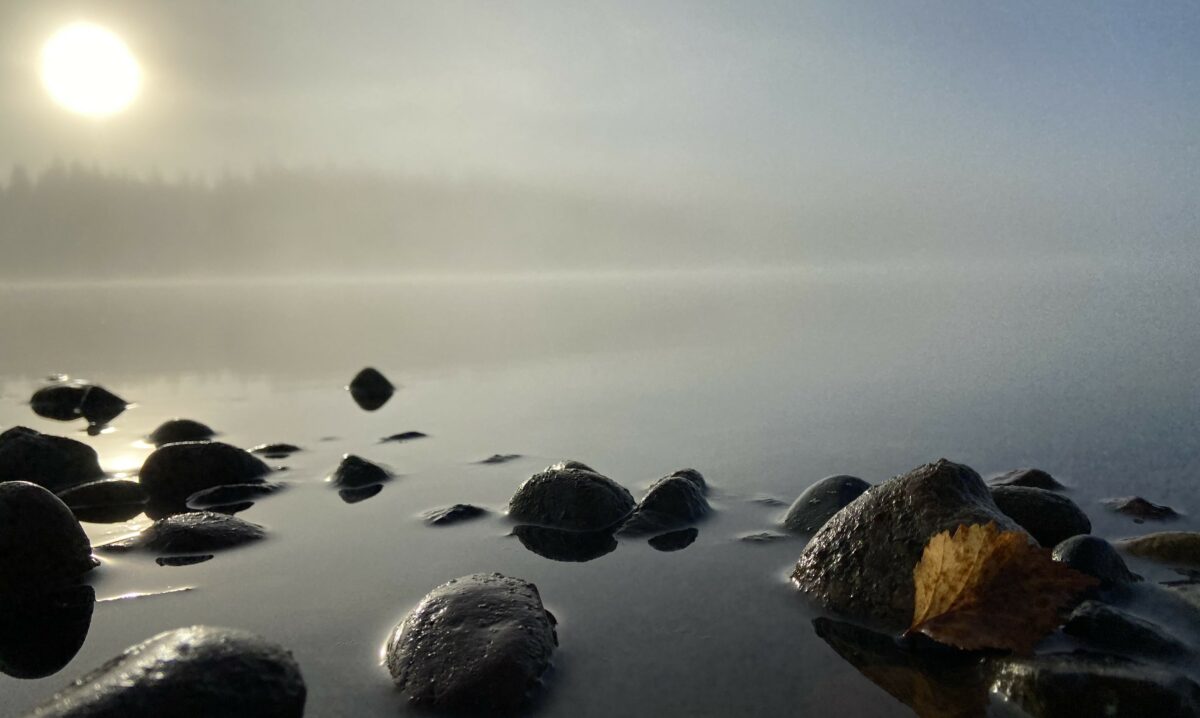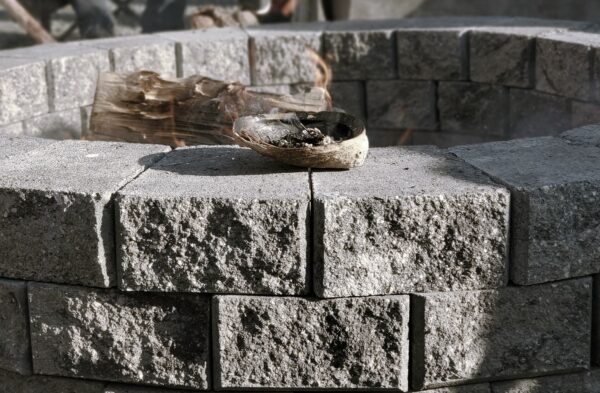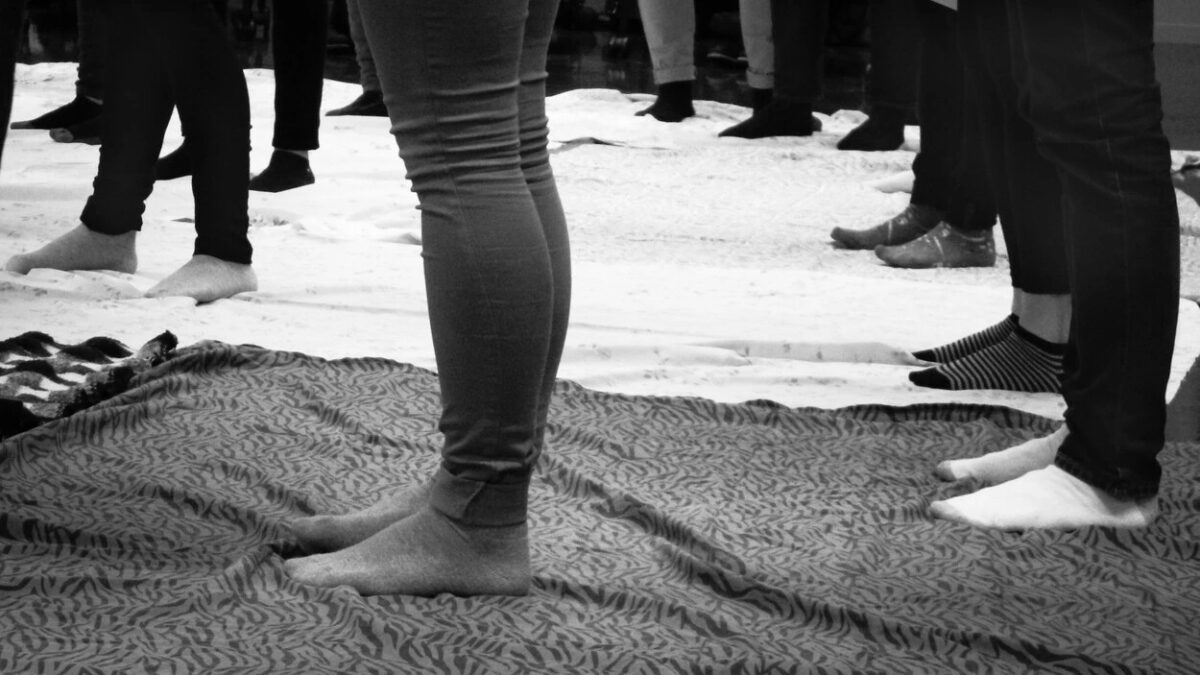A community becomes a critical part of our individual life experiences. We move through life focused on an individual path that flows through hundreds of other people each day. I recently had the opportunity to step out of my own path and experience a historical ‘Indigenous’ experience. Kairos Blanket Exercise brings groups together to stand on a patchwork of blankets that slowly are folded and rearranged to display how Indigenous people were removed from their lands and family.
The feeling of having your peers huddle around you and then slowly get picked off one by one is surreal. My part of the exercise was to represent the first person to pass from disease. I was given a smallpox blanket and stepped away to become a bystander to the remaining events. Being an active part versus a bystander have very different effects. Instead of directly feeling the trauma of historical events, I was subjected to the stress around which one of my peers was going to survive. Each event is accompanied by scrolls read by the participants. Each scroll contained facts or accounts of how these events came to be.
When we finished the exercise we all gathered in a circle and took time to stop and listen to each member’s experience. There were lots of similar surface-level takeaways, and the main thing they had in common was that it was an overwhelming experience. As we broke away and readied to go towards our next class, we had an opportunity to individually talk about our experiences. In these conversations, I noticed that the deeper experience was filled with things like guilt, sadness and overall discomfort. No two people had the same deeper feelings about the experience.
I highly recommend that everyone experience this exercise. Putting yourself into the shoes of a historically persecuted group provides a change of perspective and I truly believe it will help develop a more well-rounded teacher. Although I have faced second-hand trauma from this exercise, I would like to learn how to adapt this to a younger age range. To experience this consecutively from K-12 would be an interesting study on the ways that exposure to guilt-inducing activities can develop reconciliation in schools. There would never be two same experiences because how the group you do it with impacts the overall takeaway. The first step in changing a community is developing an understanding of past mistakes.
Photo retrieved from https://md.utoronto.ca/news/foundations-curriculum-student-experience-blog-blanket-exercise


